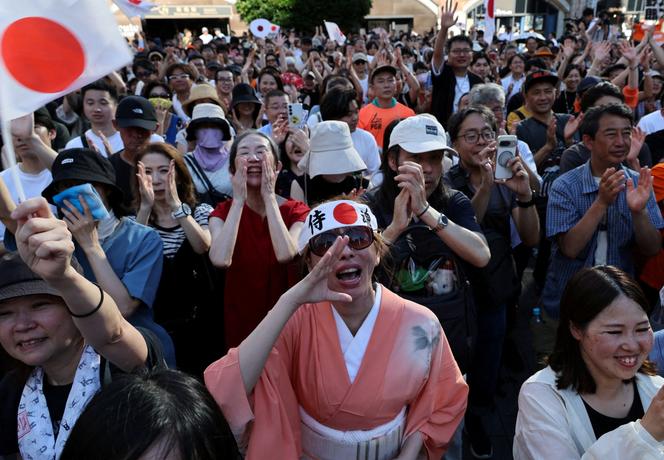


While increased female participation in Japanese political life remains modest, it has continued to make strides. The Senate elections held on Sunday, July 20, confirmed the decline of the ruling coalition to the extent of threatening Prime Minister Shigeru Ishiba, who nevertheless ruled out resigning on Wednesday. The vote, which includes a proportional representation system, also resulted in a record 42 women being elected out of 125 seats up for grabs.
In total, there were 152 women candidates, representing 29.1% of all contenders. Although this figure was lower than the 182 female candidates in the 2022 elections for a similar vote, only 35 women were elected that time. The 29.1% result still falls short of the government's target, set in 2020, of 35% female candidates in 2025 under its fifth gender equality plan. "It is regrettable that the proportion of female candidates did not reach the government's target, but it is encouraging that the number of women elected has increased," said Yoko Hayashi, president of the Fusae Ichikawa Foundation for Women and Governance (named after Fusae Ichikawa [1893-1981], a Japanese lawmaker and prominent feminist figure).
You have 75% of this article left to read. The rest is for subscribers only.
